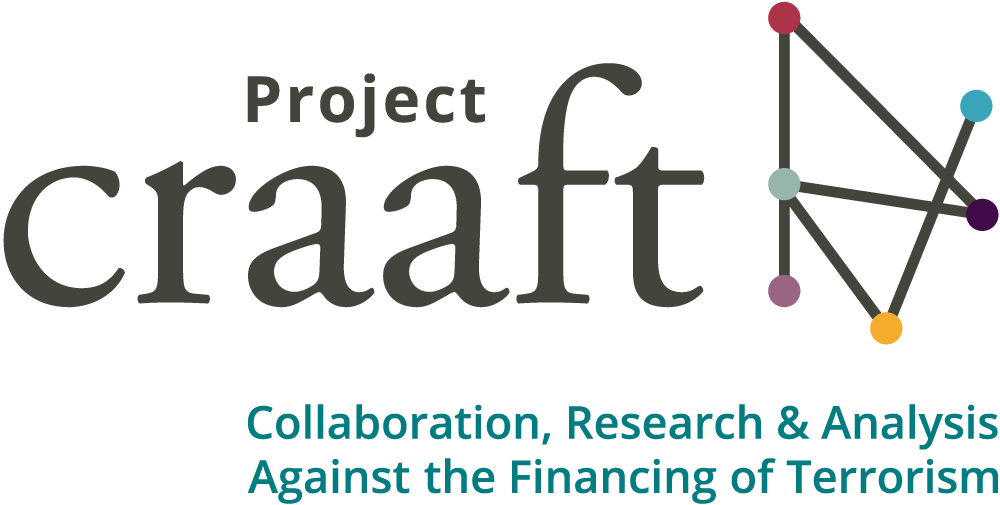Join RUSI Europe and the team behind Project CRAAFT (Collaboration, Research and Analysis Against the Financing of Terrorism) for a discussion on our latest research paper, ‘Bit by Bit: Impacts of New Technologies on Terrorism Financing Risks’.
The potential role that new technology can play in terrorist financing – from Financial Technology (commonly referred to as ‘FinTech’) to virtual currencies and social media – has been a growing subject of discussion in policymaking circles in Europe. With their focus on speed, efficiency and a positive user experience, new technologies have the potential not only to make life easier for ordinary consumers, but also to reduce the frictions terrorist financiers face in funding attacks and engaging in other organisational activities. In their new research paper, RUSI Europe researchers Stephen Reimer and Matthew Redhead present the findings of their year-long research project on the impact of new technologies on terrorism financing risks in Europe, and argue that counterterrorist financing (CTF) and regulatory responses should reflect the true degree of risk posed, and should resist the urge to see any novelty and uncertainty as an inherent vulnerability and risk.
Speakers
To consider their findings and to further explore this topic, Stephen Reimer and Matthew Redhead were joined in this presentation by:
Aurore Versele from Revolut, Head of AML of a retail Belgian bank, supervised under the SSM. She has anti-financial crime experience with both national and European levels. She recently joined Revolut as MLRO in Belgium.
Max Braun (moderator), head of Luxembourg’s Financial Intelligence Unit (Cellule de Renseignement Financier). Prior to this appointment, he dealt with cybercrime cases at the Luxembourg Public Prosecutor's Office. He also teaches the fight against money laundering and terrorist financing at the University of Luxembourg.
